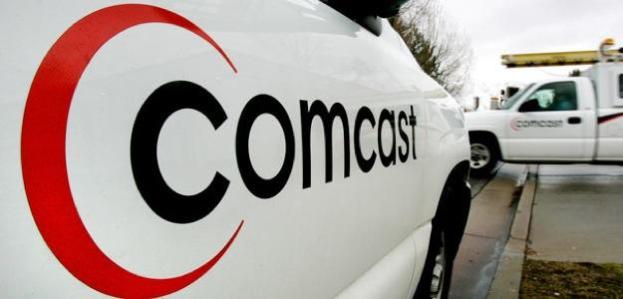
Published in the Philadelphia Inquirer recently, Comcast executive vice president David L. Cohen wrote an editorial in which he claims customers simply aren’t ready to handle gigabit networks like Google Fiber. Specifically, Cohen claims most American homes don’t have the hardware to take advantage of the increased speed. In addition, Cohen states the majority of websites simply can’t deliver content at the speed available on current broadband networks. Assuming demand becomes sizable enough for Cohen and Comcast to actually take notice, he states “a competitive marketplace of wired and wireless broadband providers will be ready to serve it.”

Cohen also credited broadband providers for the success of companies like “Google, Facebook, Apple, Twitter and Pandora” and praised mobile broadband providers for getting 4G LTE networks up and running.
However, Cohen did not mention the poor reputation issue plaguing companies like Comcast, Time Warner and other broadband providers. According to the most recent Harris Interactive summary report, Comcast ranks “poor” on the 2013 reputation chart; specifically gauged by the general public. In fact, Comcast has been rated poor for the last two years and companies like Time Warner and Verizon Communications also rank low on the list. Alternatively, Google has ranked in the top five for the last few years.
Comcast and other broadband providers also continue to have an issue with raising speeds for customers around the nation. The most recent version of Netflix’s ISP speed index places Google Fiber at the top of the list with an average speed of 3.41Mbps. Alternatively, Comcast has fallen from fourth place to eighth place on the list since the start of the year and averaged just over 2Mbps each month.


